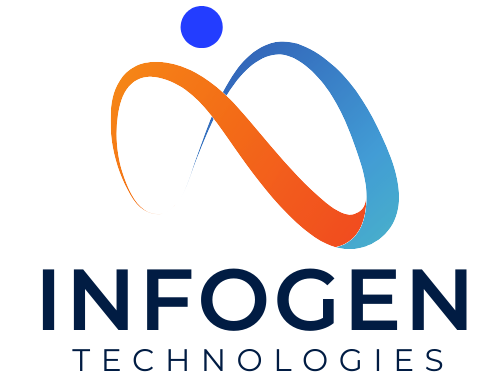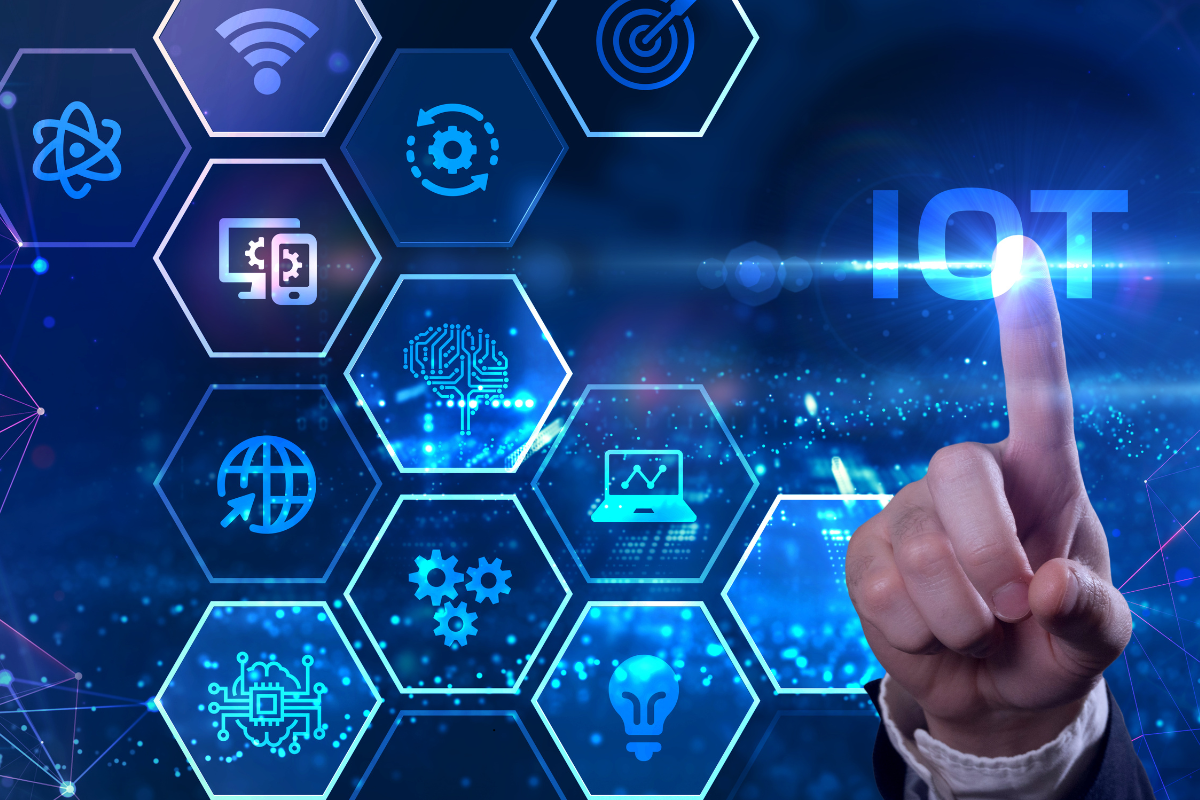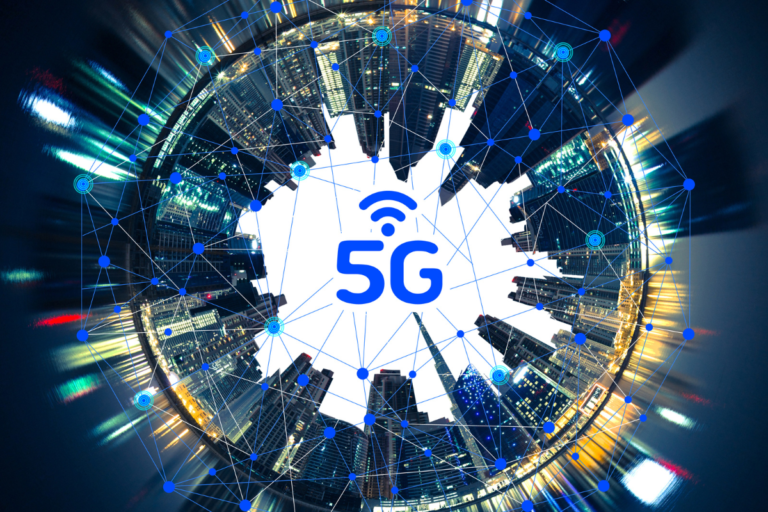The Internet of Things (IoT) is revolutionizing the way businesses operate, offering smart solutions that enhance efficiency, productivity, and decision-making. By connecting devices and systems, IoT enables real-time data collection and analysis, providing valuable insights that drive innovation and growth. This blog explores how IoT is transforming various industries and highlights its key benefits for modern enterprises.
Enhancing Operational Efficiency
One of the primary advantages of IoT is its ability to enhance operational efficiency. By connecting machines, sensors, and systems, businesses can monitor and control their operations in real time. This real-time visibility allows for proactive maintenance, reducing downtime and extending the lifespan of equipment. For example, in manufacturing, IoT-enabled predictive maintenance can identify potential issues before they become critical, ensuring smooth and uninterrupted production processes.
IoT also optimizes supply chain management by providing end-to-end visibility. Sensors track the movement of goods, monitor environmental conditions, and ensure that products are stored and transported under optimal conditions. This transparency helps businesses manage inventory more effectively, reduce waste, and meet regulatory compliance.
Improving Decision-Making
IoT generates vast amounts of data that, when analyzed, provide actionable insights. These insights enable businesses to make informed decisions and respond quickly to changing market conditions. For instance, retailers can use IoT data to understand customer behavior, optimize store layouts, and manage inventory in real time. This level of insight allows for more accurate demand forecasting and better customer service.
In agriculture, IoT devices such as soil sensors and weather stations collect data on soil moisture, temperature, and humidity. Farmers can use this information to optimize irrigation, reduce water usage, and increase crop yields. This data-driven approach leads to more sustainable farming practices and improved resource management.
Enhancing Customer Experiences
IoT is also transforming customer experiences by enabling personalized and connected services. Smart home devices, wearable technology, and connected vehicles are just a few examples of how IoT enhances daily life. Businesses can leverage IoT to offer tailored products and services, improving customer satisfaction and loyalty.
For example, in the hospitality industry, IoT enables smart hotel rooms that adjust lighting, temperature, and entertainment options based on guest preferences. This level of personalization enhances the guest experience and sets hotels apart from their competitors.
Enabling New Business Models
IoT opens the door to new business models and revenue streams. Companies can offer IoT-enabled products as a service, providing ongoing value to customers while generating recurring revenue. For instance, manufacturers can offer equipment-as-a-service, where customers pay for usage rather than ownership. This model ensures continuous monitoring and maintenance, reducing downtime and increasing customer satisfaction.
In the energy sector, IoT enables smart grids that balance supply and demand, reduce energy consumption, and integrate renewable energy sources. Utility companies can offer dynamic pricing models, incentivizing consumers to use energy during off-peak hours, leading to cost savings and more efficient energy usage.
Addressing Security and Privacy
While IoT offers numerous benefits, it also presents security and privacy challenges. Connected devices are potential entry points for cyberattacks, and the vast amount of data generated raises concerns about data privacy. To address these issues, businesses must implement robust security measures, such as encryption, authentication, and regular software updates. Additionally, establishing clear data governance policies ensures that data is collected, stored, and used responsibly.
The Future of IoT
The future of IoT is bright, with continued advancements in technology and increased adoption across industries. The integration of IoT with other emerging technologies, such as artificial intelligence (AI) and blockchain, will further enhance its capabilities. AI can analyze IoT data to uncover hidden patterns and trends, while blockchain can provide secure and transparent data transactions.
5G technology will also play a crucial role in the growth of IoT. With faster data transmission speeds and lower latency, 5G will enable more devices to connect seamlessly, supporting complex IoT applications such as autonomous vehicles and smart cities.
Conclusion
IoT is a game-changer for modern enterprises, offering smart solutions that enhance efficiency, improve decision-making, and create new business opportunities. By harnessing the power of IoT, businesses can stay competitive, meet evolving customer needs, and drive innovation in an increasingly connected world. As IoT technology continues to evolve, its impact will only grow, making it an essential component of the digital transformation journey.




